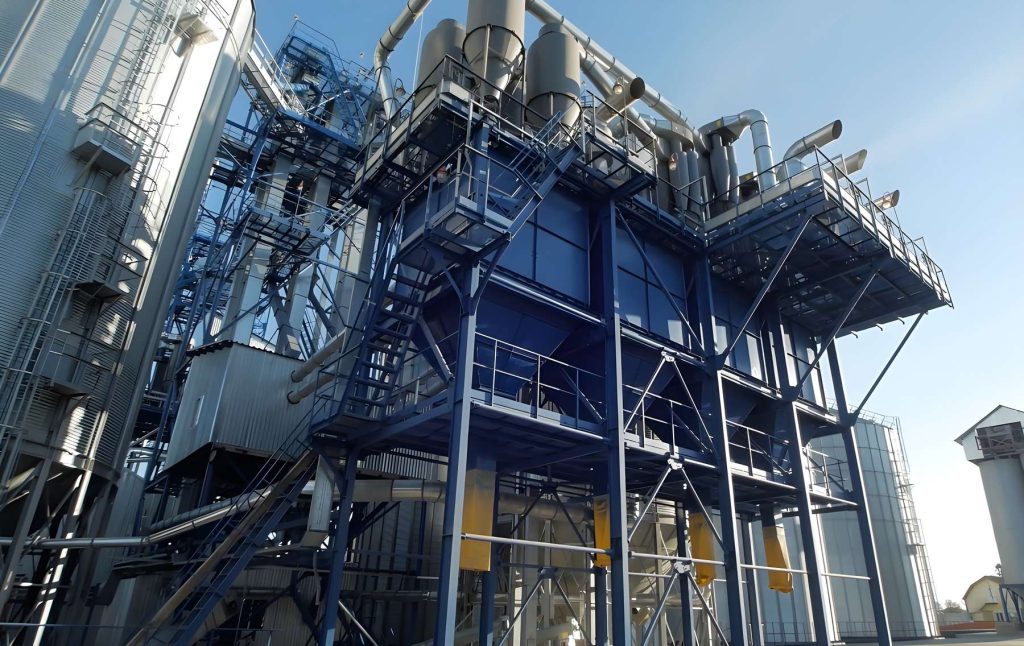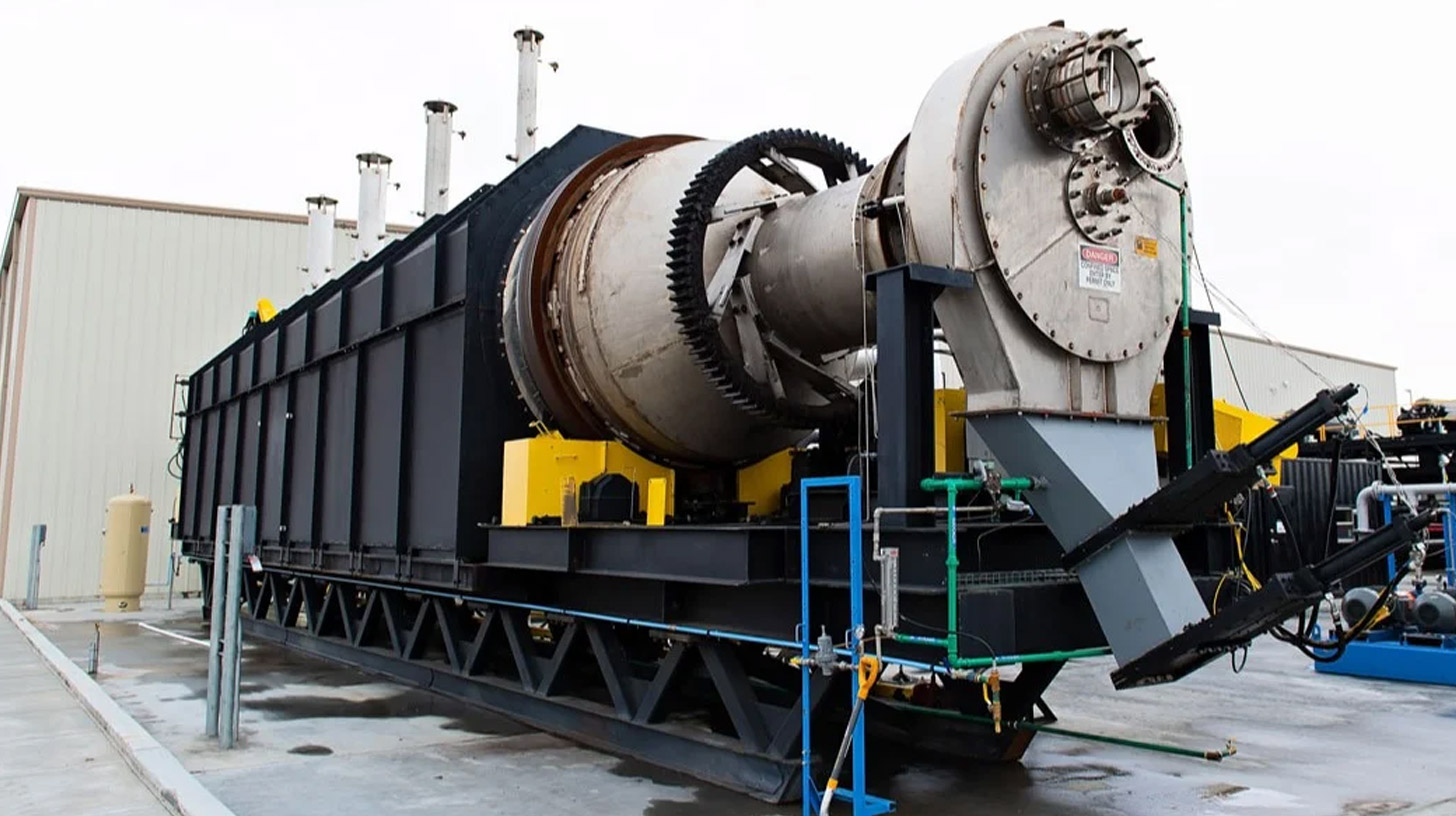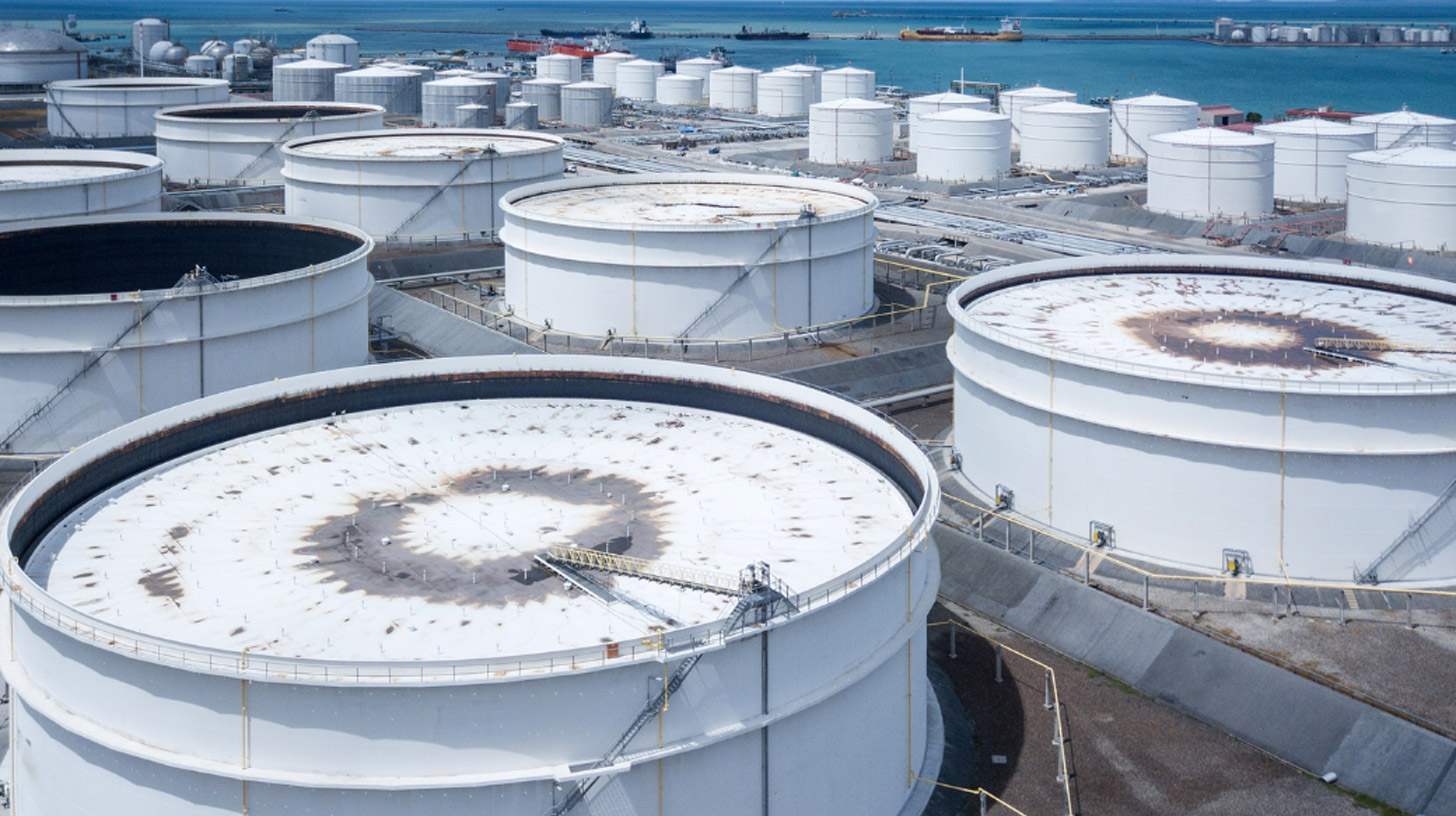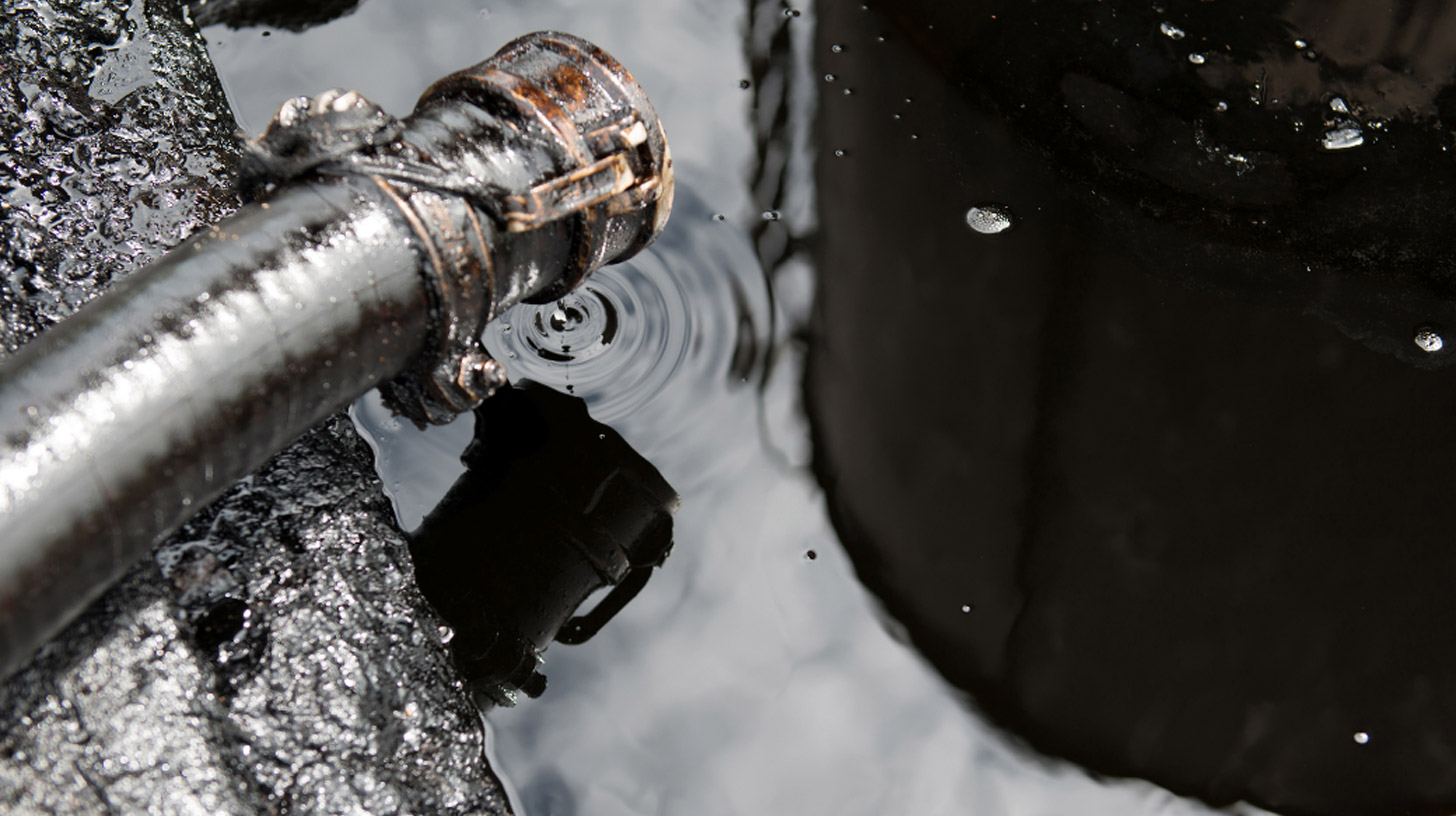Solutions for Syngas Production Byproducts
Partnering with Syngas Producers
The Amlon Group collaborates with syngas producers to implement forward-thinking waste management practices that embody our vision of converting environmental obstacles into sustainable advantages.
INDUSTRY CHALLENGES
The production of synthesis gas creates multiple residual streams requiring expert handling, particularly from catalyst systems and reforming equipment. Our integrated approach addresses these challenges.
Catalyst Reclamation and Processing
We specialize in recovering valuable metals from spent catalysts critical to syngas production:
- Nickel Reformer Catalysts: Complete processing of spent steam reforming catalysts to recover nickel while managing other support materials
- Copper and Copper/Zinc Catalysts: Advanced separation techniques to reclaim copper and zinc from water-gas shift and methanol synthesis catalysts
- Iron Chrome Catalysts: Specialized processing for high-temperature water-gas shift catalysts, extracting iron and chromium for reuse
Reformer Equipment Recovery
Our facilities process end-of-life equipment from syngas operations:
- Spent Reformer Tubes: Comprehensive recycling of high-nickel alloy reformer tubes (typically containing 25-35% nickel), recovering valuable heat-resistant alloys
- Catalyst-Containing Equipment: Processing of reactors and vessels with catalyst residues
- High-Temperature Alloy Components: Recovery of valuable metals from furnace components and piping systems
AMLON ADVANTAGE
We convert additional manufacturing residuals into beneficial resources using our advanced processing technologies. Our facilities handle solidified byproducts, extract valuable metals, and generate usable materials that decrease dependence on new resources.
Impurity Processing
Amlon’s facilities are designed to process the impurities present in syngas production waste, including carbon deposits, sulfur compounds, and metallic contaminants from catalyst deactivation. Through tailored treatment protocols, we safely extract these substances while ensuring adherence to environmental standards.

BENEFITS
Our sustainability commitment permeates all operations. For syngas manufacturers, we deliver tailored solutions with:
Advanced Processing Capabilities
Our facilities employ specialized technologies to manage diverse syngas production residuals, including:
- Thermal desorption for catalyst recovery
- Hydrometallurgical processing for complex catalyst systems
- Pyrometallurgical treatment for high-nickel alloy recycling
- Separation technologies for multi-metal catalyst systems
- Wastewater treatment and metal recovery
Catalyst-Specific Expertise
Our team understands the unique challenges of syngas catalyst management:
- Safe handling of spent catalysts with potential pyrophoric properties
- Processing of deactivated catalysts containing carbon and sulfur deposits
- Recovery optimization for specific catalyst formulations
- Secure processing while maintaining the confidentiality of proprietary technologies
Expert Guidance
Our specialists collaborate with manufacturers to create tailored waste strategies that enhance operational performance while furthering sustainability objectives, particularly for planned catalyst changeouts and equipment replacement cycles.
Environmental Assistance
We assist syngas producers through intricate waste regulations specific to catalyst handling and equipment disposal to minimize administrative complexity.
Customer Testimonials
"What sets them apart is their technical expertise. The Amlon team understand the unique properties of our production waste and have optimized their systems specifically for us. The environmental benefits create nice wins and their documentation has streamlined our reporting process."
Technical DirectorAlternative Fuels Company
"Their specialized equipment and work on our materials have reduced our disposal costs and boosted the sustainability metrics my team monitors. I appreciate Amlon’s safety-first culture and how it aligns perfectly with ours."
Environmental Compliance ManagerEnergy Production Facility
"The Amlon team responds quickly to our operational changes. The detailed reporting they provide has simplified our environmental compliance documentation and improved our ESG scores with minimal effort on our part."
Operations SupervisorGasification Plant
Amlon News
Can I ship my spent catalyst and tank bottoms under the VRE?
April 15, 2023
The 2015 Definition of Solid Waste (DSW) rule provided, in part, that hazardous secondary material generated and then transferred to a Verified Reclamation Facility (VRF) for ...
How do decanter centrifuges assist with oil reclamation?
January 6, 2023
Refineries and oil residual management Every oil refinery produces oil-bearing secondary contaminated material during its regular operations. Long-term accumulation of these materials might deplete storage ...
Benefits of using thermal desorption for tank slurry recycling
October 18, 2022
The oil production and petroleum refining industries generate a large amount of sludge and tank bottom material as waste. Considering that the landfilling option has slowly ...
Take The Next Step
Are You Ready To Work Today For Tomorrow's Environment?
Reach out to one of our of experts today.


